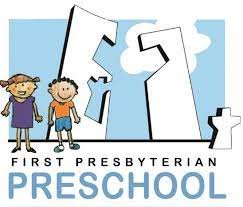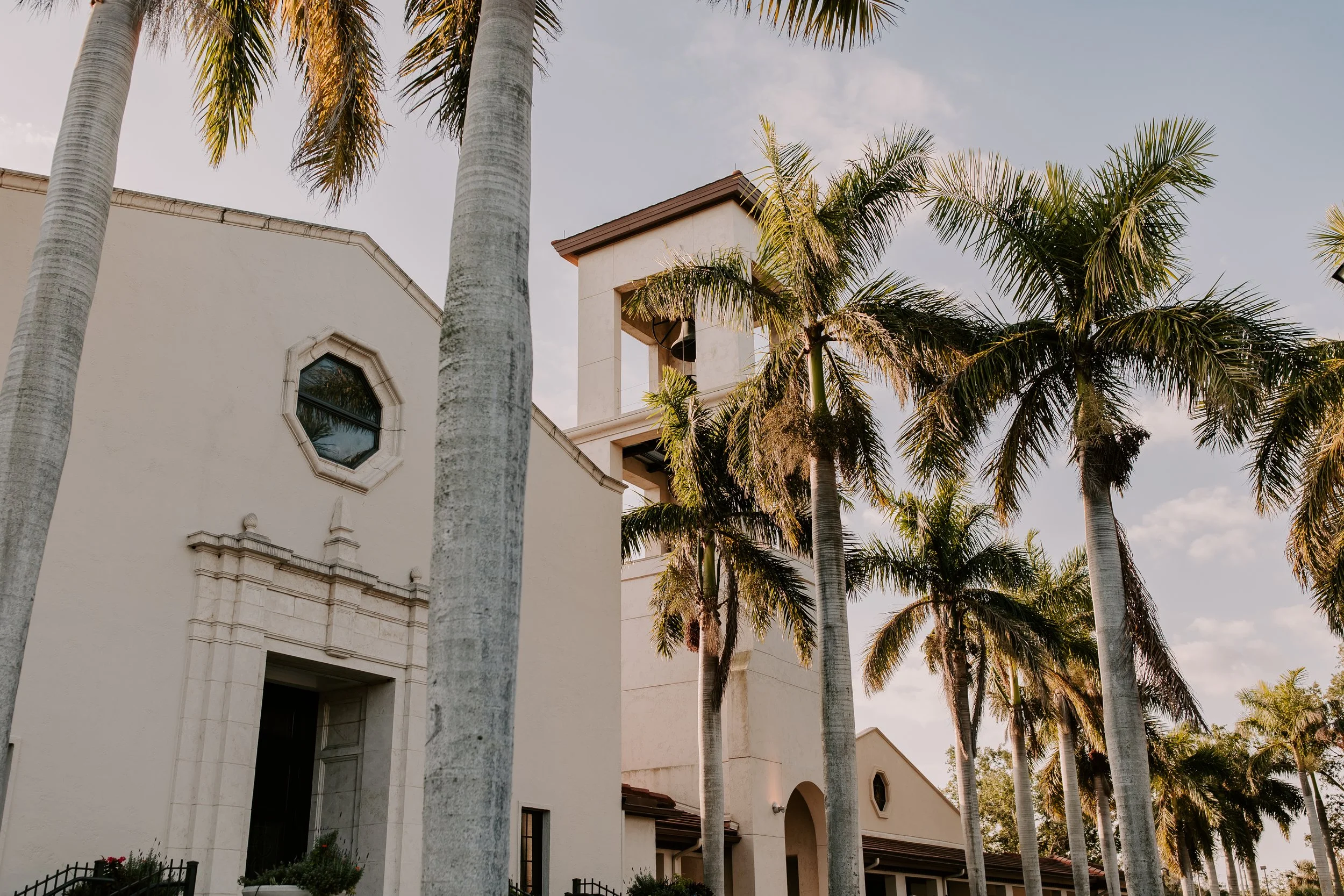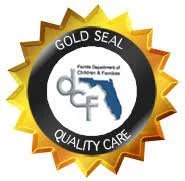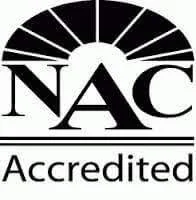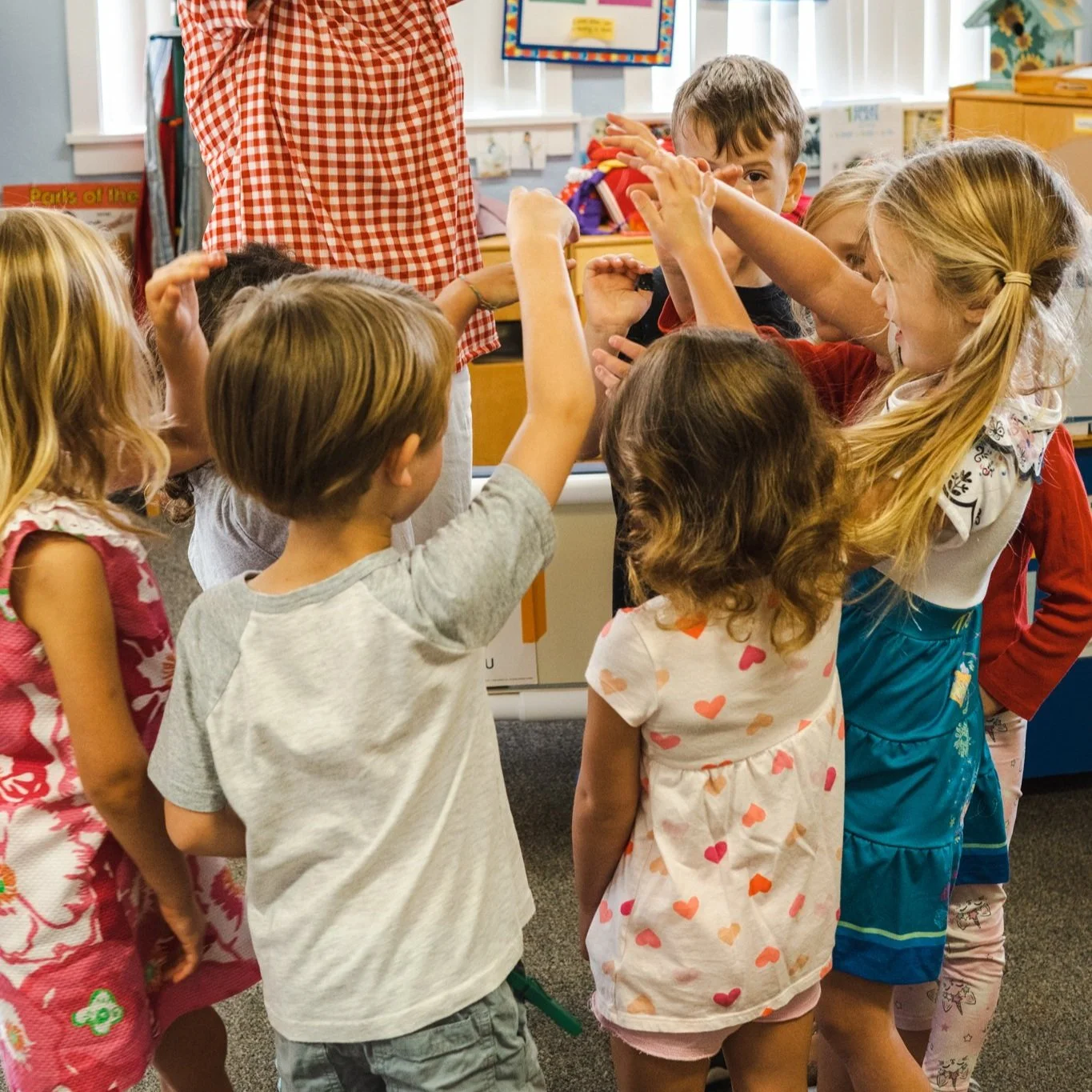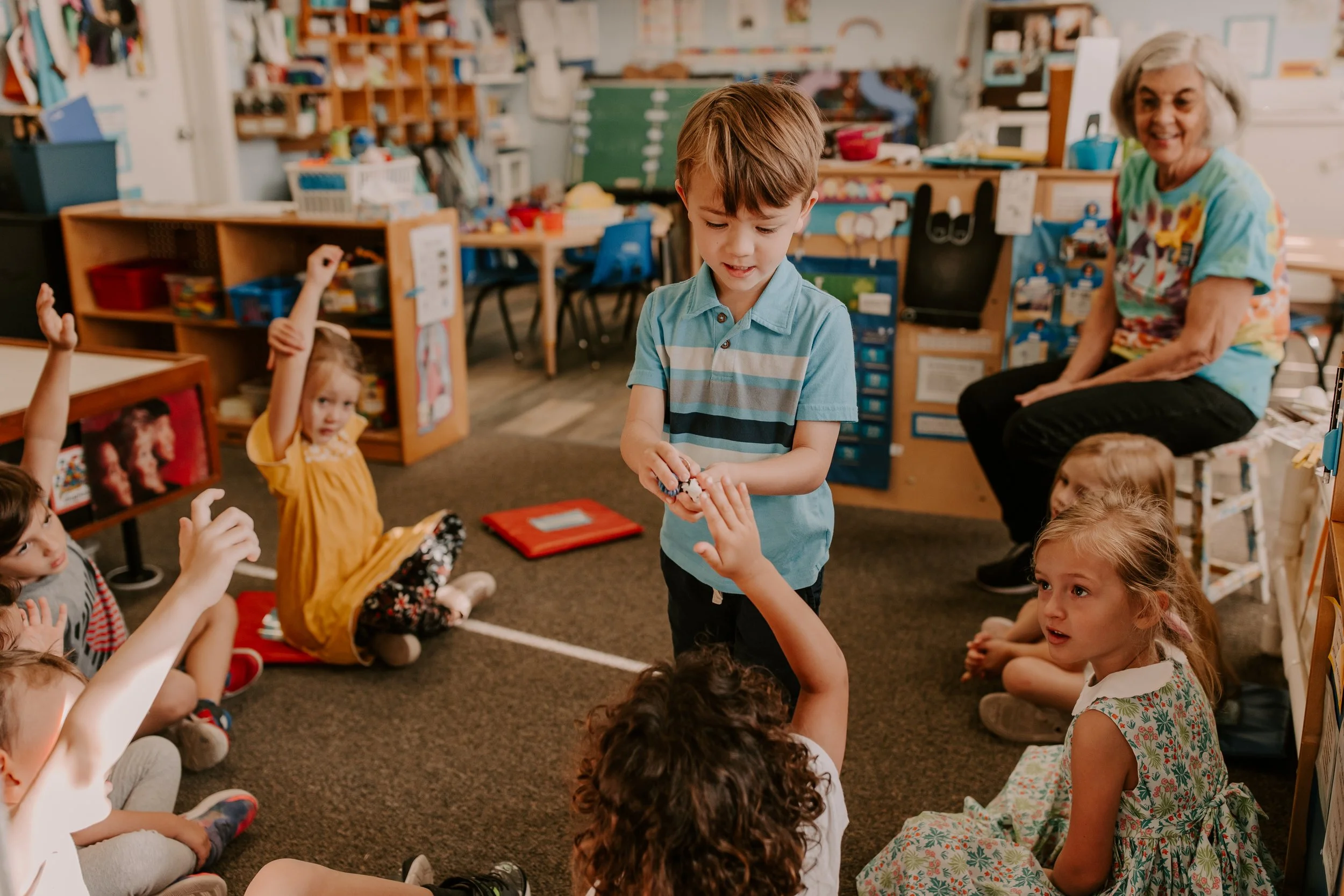Mission Statement & History
Established in 1947 and nationally accredited in 1995, First Presbyterian Preschool is a ministry of First Presbyterian Church in Sarasota, Florida. As one of the longest-running preschools in the area, we provide an early-education program that nurtures and promotes each child's social, physical, emotional, intellectual, and spiritual well-being.
At First Presbyterian Preschool, we believe every child is a unique creation and beloved by the creator, God. Our mission is to guide, instruct, and encourage each child in an uplifting, safe, and loving atmosphere regardless of race, religion, creed, color, or national origin.
Our Philosophy
At First Presbyterian Preschool, we believe young children develop best in a caring, age-appropriate environment. We recognize that each stage of development builds upon one another and that each level of growth reflects a particular set of needs and characteristics. Each child is unique, and at our preschool, that individuality is respected and celebrated as a foundation for helping them build a positive attitude toward themselves, others, and the learning process.
A child's understanding of the world around them grows through play. Play advances language and communication and prompts children to formulate theories, solve problems, and develop more profound curiosity. At our preschool, children have the freedom to choose among various play-based activities, including creative art, science, nature, music, building, and dramatic play.
At First Presbyterian Preschool, your child's physical, emotional, intellectual, and social well-being is valued. That is why we strive to provide a loving and enriching program for all children.
At First Presbyterian, we understand that preschool is an extension of learning at home and that a well-supported family unit offers a better outcome for a child’s learning process. That is why we consider ourselves an extended family and are here to support our parents and our children.
Play is the Way
You have many options when choosing a preschool. We believe play-based learning helps children develop social skills, the motivation to learn, and emergent language and early math skills.
Picture your preschooler finger painting, playing house, or playing chase with a friend. At first glance, it might not look like much. But when you put that game of chase under a microscope, you'll see many layers of learning taking place. In the first layer, you know the chaser and the chased. The minute one child decides they don't like their role, negotiations are needed. The participants quickly learn that they must be kind and collaborate to keep the game going. There are many more layers to follow. If they want to continue to play, what are the rules, and what are their roles? Are they kids or imaginary jaguars? Who chases first? Is there a base? What happens if one gets tired and needs a break?
This is child-led, play-based learning and takes focused attention, initiative, and curiosity about a child's place in the world. Research in early childhood education shows that this type of play is essential for healthy development - giving children ample opportunities to be imaginative, creative, and collaborative. The freedom to play this way directly relates to future learning and development of social skills, motivation to learn, and language and numeracy skills.
Skills learned through play will serve a child for their entire lives, paving the road to lifelong learning.
Program Goals
The goal of our program is to provide each child with a healthy, positive early learning experience. To attain this goal, we will assist the child:
To grow in independence.
To make decisions and choices.
To develop self-control and self-direction.
To learn to get along with and relate to others.
To develop curiosity, thinking and reasoning.
To learn compassion, respect, and tolerance.
To develop language skills.
To develop an understanding of his/her physical world.
To develop large and small motor skills.
To build self-confidence and self-reliance by encouraging the expression of ideas.
To develop the idea that the school are safe and happy places for children.
Our Curriculum
At First Presbyterian Preschool, our holistic teaching methods facilitate active thinking and experimentation to solidify meaningful and long-lasting learning. To accomplish this, we incorporate several outstanding and research-based curriculum programs to help children on their journey to becoming well-rounded individuals. The Creative Curriculum and Teaching Strategies Gold utilize "inquiry, exploration, and discovery as the foundation of all learning" and addresses young children's complex social/emotional, language, and cognitive development. We introduce our students to loving values and character building through The Kindness Curriculum. And the 5210 Everyday curriculum focuses on a child's physical well-being teaching healthy eating and living habits.
As a First Presbyterian Family, you would receive information about these programs throughout the year.
Curriculum Objectives
To promote children’s learning and development
To gain a sense of self-esteem and ensure a sense of belonging
To foster positive social relationships
To exhibit kindness, respect and a positive attitude toward life and others
To demonstrate cooperative, pro-social behavior
To acquire learning and problem-solving skills
To expand logical thinking skills
To acquire concepts and information leading to
a fuller understanding of the immediate world
To demonstrate skills in make-believe play
To expand verbal communication skills
To develop beginning reading skills
To acquire beginning writing skills
To develop beginning math skills
To enhance gross motor skills
To enhance and refine fine motor skills
To use all senses in learning
All Are Welcome Here
We believe every child deserves to be celebrated for who they are. We are committed to creating a warm and inclusive environment where every child and family feels welcomed, valued, and respected. We recognize and celebrate diversity and believe it enriches our learning environment, and we strive to create a space where every child can thrive.
